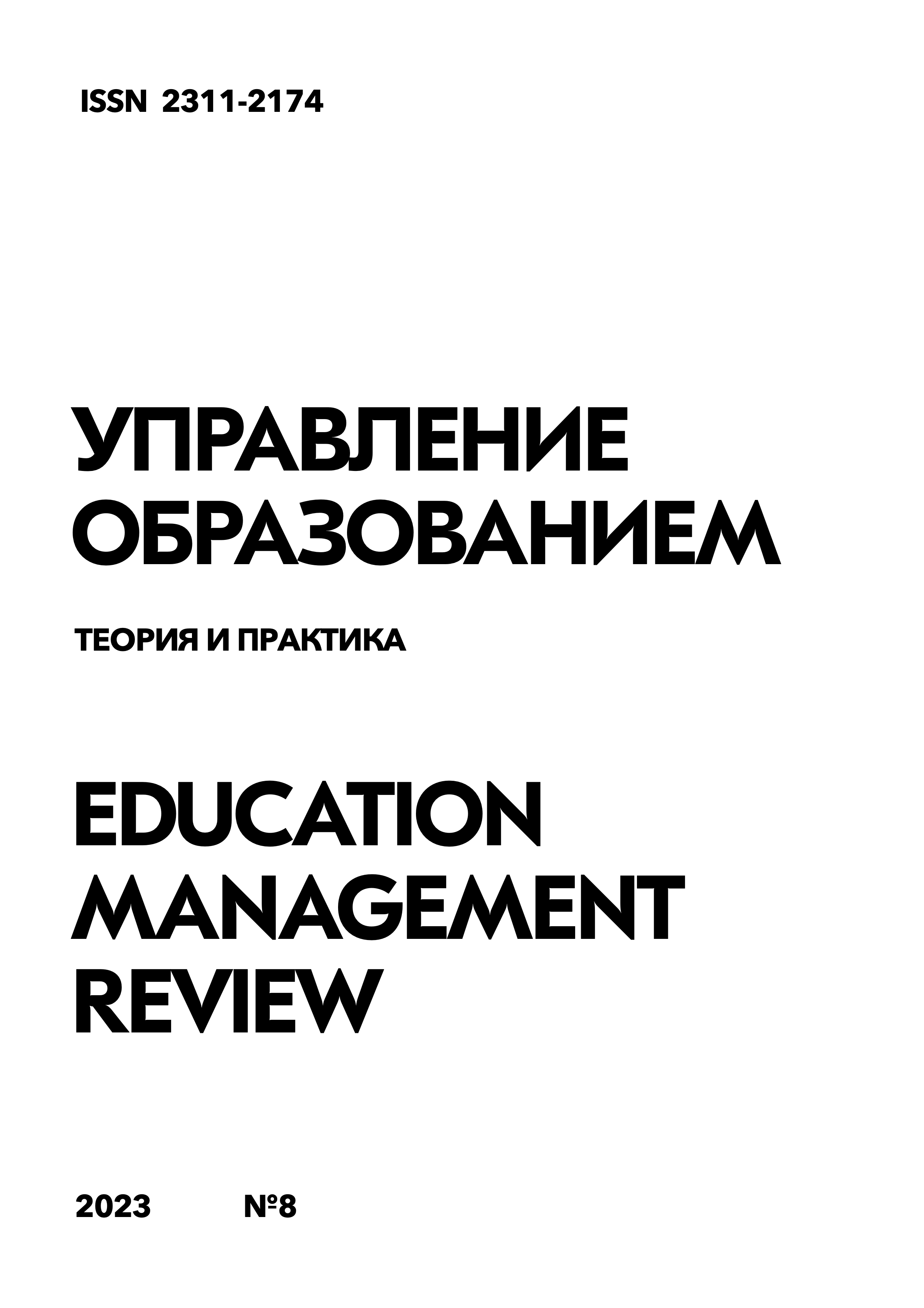Project-based learning using digital technologies as a tool to increase motivation and practical orientation while teaching linguist-translators at the undergraduate level
DOI:
https://doi.org/10.25726/x1004-9585-4251-aKeywords:
foreign language, linguists-translators, bachelors, project-based learning, digital technologies, motivation, practice-oriented training, 4C-competenciesAbstract
Currently, a large number of changes are taking place in education due to various reasons: changing employers' requests, the introduction of active and interactive methods of teaching students, comprehensive digitalization of the educational process, etc. All this is reflected in the new approaches implemented by higher educational institutions when planning the educational process in various disciplines. Within the framework of this study, the organization of project activities with the use of digital technologies in the training of bachelor students in the field of training 45.03.02 Linguistics, profile "Theory and practice of translation" in the framework of the study of specialized disciplines is considered. Project activity is considered as a powerful tool to increase the motivation of students due to its practice-oriented nature and maximum approximation to solving the real tasks of professional activity. The authors consider modern requirements for employees, future graduates, in the context of the formation of 4K competencies: communication, creativity, critical thinking, teamwork. The authors of the study suggest that all these competencies can be successfully formed as part of the implementation of project activities. Moreover, all 4K competencies are somehow provided for implementation in the educational process by the federal state educational standards of the third generation. In the context of global digitalization, it is impossible not to use the available digital resources when implementing project activities. The integration of project work and digital resources allows you to create practice-oriented projects that are as close as possible to the real professional tasks of the translator, not only forming the necessary skills and abilities, but also increasing motivation and contributing to the better development of the disciplines of the professional cycle of undergraduate students preparing to become translators.
References
Бабина Н.С. Метод проектов в образовательном пространстве школы и вуза: Метод. Рекомендации / Челяб. Гос. Пед. ун-т / Сост. С.Н. Бабина. Челябинск: ЧГПУ, 1999.
Левченко В.В., Лохтина И.В. Формирование профессиональных навыков специалистов XXI века средствами иностранного языка // Роль бизнеса в трансформации общества 2022: Сборник материалов XVII Международного научного конгресса, Москва, 11–15 апреля 2022 года. Москва: Московский финансово-промышленный университет "Синергия", 2022. С. 700-703.
Лохтина И.В. Технологические и педагогические проблемы и возможности дистанционного урока иностранного языка // Роль бизнеса в трансформации общества 2021: Сборник материалов XVI Международного научного конгресса, Москва, 12–16 апреля 2021 года. Москва: Московский финансово-промышленный университет "Синергия", 2021. С. 650.
Метод проектов. Серия «Современные технологии университетского образования»; выпуск 2. Белорусский государственный университет. Центр проблем развития образования. Республиканский институт высшей школы БГУ. Мн.: РИВШ БГУ, 2003. 240с.
Приказ Министерства труда и социальной защиты Российской Федерации от 18 марта 2021 № 134 «Профессиональный стандарт. Специалист в области перевода» // https://profstandart.rosmintrud.ru/obshchiy-informatsionnyy-blok/natsionalnyy-reestr-professionalnykh-standartov/reestr-professionalnykh-standartov/index.php?ELEMENT_ID=79954 (дата обращения 10.07.2023)
Сидоренко В.Ф. Генезис проектной культуры // Вопросы философии. 1984. № 10. С. 87- 99
Сипко Е.С. Использование платформы «YouTube» в системе образования бакалавров направления подготовки «Реклама и связи с общественностью» // Знак: проблемное поле медиаобразования. 2019. №2 (32).
Телешова Е.А., Шефер Е.А. Проектная деятельность в процессе подготовки переводчиков - Индустрия перевода: материалы XI Международной научной конференции (Пермь, 13– 15.06.2019) 2019. С. 157-163
Трегубчак А.В. Проактивность обучаемых как необходимое условие успешности процесса обучения иностранным языка - Романо-германская филология. Достижения и перспективы обучения иностранным языкам в новом столетии (часть четвертая): материалы четвертой итоговой научно-практической конференции (20 апреля 2018 года) / под ред. Г.А. Плюхиной, Н.К. Костиной. Рязань: РВВДКУ, 2018. 274 с. С. 50-54
Указ Президента РФ от 09.05.2017 No 203 «О Стратегии развития информационного общества в Российской Федерации на 2017-2030 годы». http://www.kremlin.ru/acts/bank/41919 (дата обращения:05.06.2023)
Федосеева Л.А., Жидков А.А., Гордеев К.С., Илюшина Е.С., Ермолаева Е.Л. Проектная деятельность обучающихся: понятие, сущность, виды проектов // Гуманитарные научные исследования. 2021. № 1. https://human.snauka.ru/2021/01/36070 (дата обращения: 10.07.2023)
Чистякова Н.А. Проблематика перевода и локализации американских мультипликационных фильмов первого десятилетия XXI века // Управление образованием: теория и практика. 2022. № 2(48). С. 82-90. DOI 10.25726/v6948-8268-3951-k.




